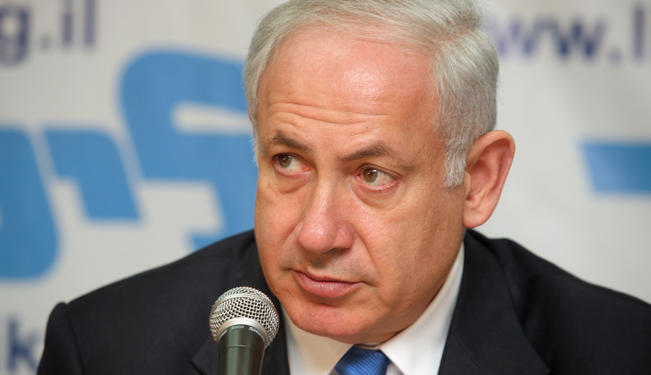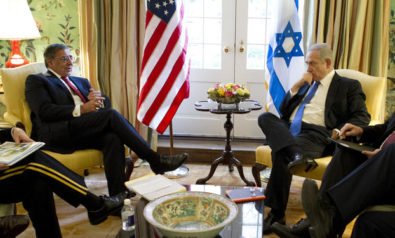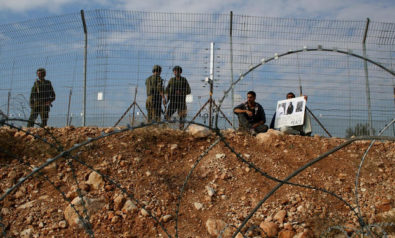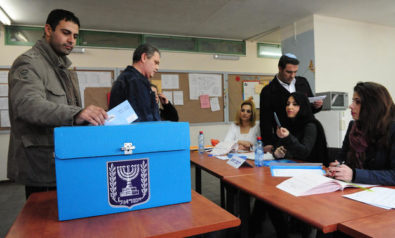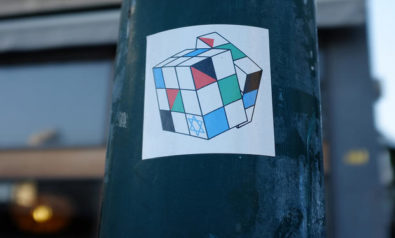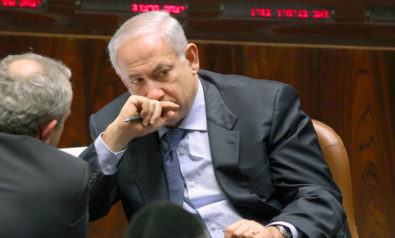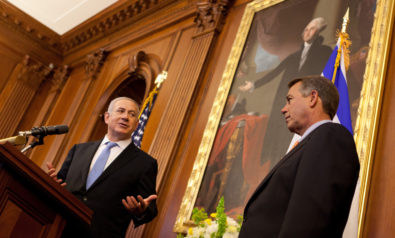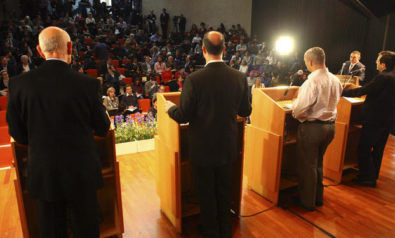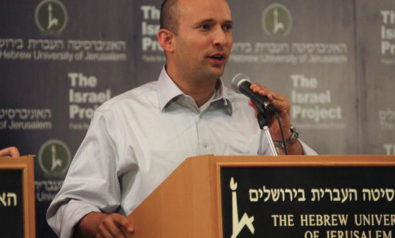
As Netanyahu is poised to be re-elected for another term, the rise of Naftali Bennett´s Jewish Home party might change the dynamic in Israeli politics. Background On October 9, 2012, Israeli Prime Minister Binyamin Netanyahu announced early elections “for the benefit of Israel.” The context for this decision was the inability of his coalition government to agree on a national budget for the next year. The elections are set for January 22, 2013. Israel, a parliamentary democracy, normally holds elections for the Knesset, the Israeli parliament with 120 members, every four years. Without an electoral college, voters in parliamentary elections choose a political party instead of individuals. Subsequently, in proportion to the share of the national vote and according to the internal party lists, the members of the Knesset are decided upon. Netanyahu's initial coalition government in 2009 consisted of the Likud, Labor, Shas, Yisrael Beitenu and the Jewish Home party. Subsequently, the United Torah Judaism party joined the coalition, while the leader of the Labor party, Ehud Barak, formed the Independence party in 2011 and only stayed with his faction in the coalition. In May 2012, the centrist Kadima party joined Netanyahu´s government, forming a national unity coalition. Nevertheless, in July 2012, a controversy over a new law regarding the draft for military service sparked Kadima´s withdrawal from the government. Why is the Israeli Election Relevant? On October 25, 2012, Netanyahu announced that his Likud party would form an electoral coalition with the nationalist Yisrael Beitenu party of former Foreign Minister Avigdor Lieberman. Critics argued that “the unification […] reflected a creeping extremism” within Israel. Some members of Likud, however, strongly opposed the merger, arguing that it would erode the party´s voter base. Netanyahu has mainly stressed his record in conflict management during the campaign, pointing to sanctions against Iran, the military strikes against Hamas, the expanded security fence along the Egyptian border and the Iron Dome missile system. Three prominent center-left politicians, Labor's Shelly Yachimovich, Yesh Atid's Yair Lapid and Hatnua's Tzipi Livni failed to bring about an agreement to act together. Yachimovich and Lapid rejected Livni´s proposal to run a joint campaign opposing Netanyahu. Yachimovich's focus is mostly on socioeconomic issues. Yesh Atid under former TV host Yair Lapid stresses issues of equality in his campaign and is in favor of a two-state solution with the Palestinians. Former foreign minister and Kadima leader Tzipi Livni points to her credentials as Israel´s former chief diplomat and sees a Palestinian state as necessary to preserve Israel as a Jewish state. The Kadima party under Shaul Mofaz, last year part of the national unity coalition, was predicted to even miss the threshold for parliament, but seems to have recuperated as recent polls indicate. Naftali Bennett, the head of the national religious Jewish Home party which is part of the current coalition, is poised to make the most significant gains in this election. Bennett is opposed to a universal draft and stated that “there is not going to be a Palestinian state within the tiny land of Israel.” He also proposed the annexation of 60% of the West Bank. Potentially influential in the next coalition government will be the Haredi (ultra-Orthodox) parties Shas and United Torah Judaism. Shas mainly represents the ultra-Orthodox Sephardic community and focuses on “securing funding for its religious institutions, promoting social benefits for its core constituencies, and maintaining the status quo between religion and state in Israel.” A January 10 poll by the Times of Israel indicated that “economic issues such as the cost of living and price of housing” are by far the “most important issue for the next government of Israel to face.” In second place came “the deterioration of relations with the Palestinians in Judea, Samaria, and Gaza”, followed by education, the Iranian issue, regional instability and the military draft. Indeed, the next government will face a range of complex issues which it has to address. The first elections in a (post-) Arab Uprisings environment will show which way Israel is going in terms of domestic and foreign policy. Image: Copyright © Shutterstock. All Rights Reserved.
For more than 10 years, Fair Observer has been free, fair and independent. No billionaire owns us, no advertisers control us. We are a reader-supported nonprofit. Unlike many other publications, we keep our content free for readers regardless of where they live or whether they can afford to pay. We have no paywalls and no ads.
In the post-truth era of fake news, echo chambers and filter bubbles, we publish a plurality of perspectives from around the world. Anyone can publish with us, but everyone goes through a rigorous editorial process. So, you get fact-checked, well-reasoned content instead of noise.
We publish 2,500+ voices from 90+ countries. We also conduct education and training programs on subjects ranging from digital media and journalism to writing and critical thinking. This doesn’t come cheap. Servers, editors, trainers and web developers cost money.
Please consider supporting us on a regular basis as a recurring donor or a sustaining member.
Support Fair Observer
We rely on your support for our independence, diversity and quality.
Will you support FO’s journalism?
We rely on your support for our independence, diversity and quality.

